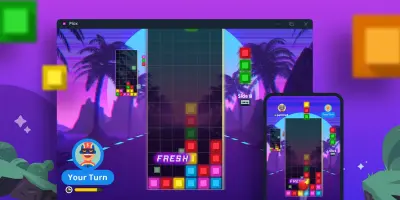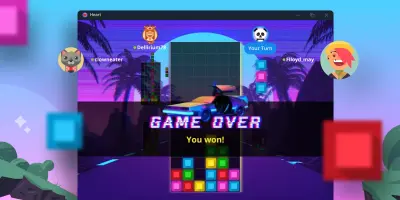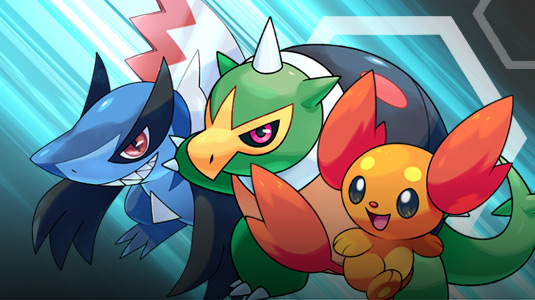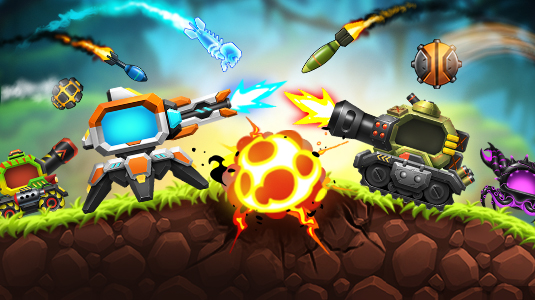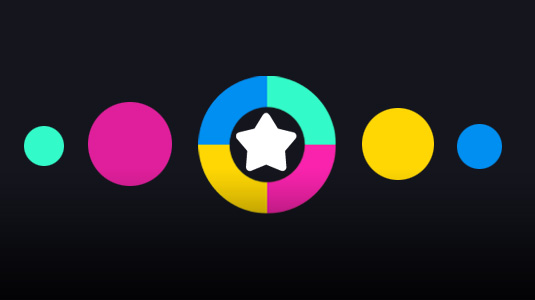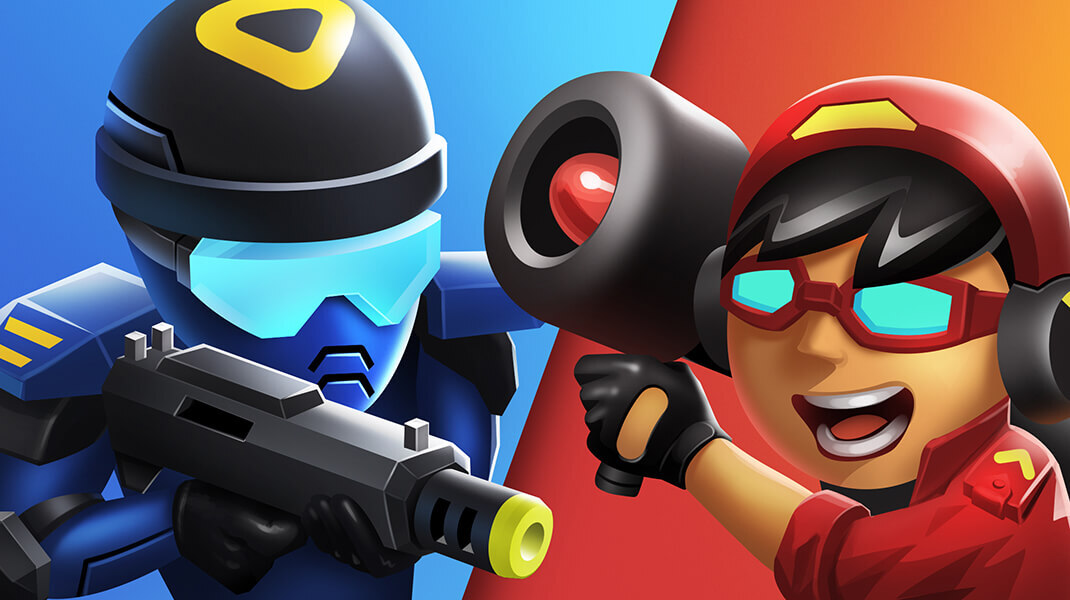Play Plox online with friends for free
Basic Rules
History of Plox
In 1986, famed game developers (also twins) George and Jerry Stamwer released Plox - a classic arcade game that spawned a cult following.
Mysteriously, 11 months after the game's release, the Stamwer Brothers went missing, along with the game's source code.
All Plox games were rendered unplayable when a kill switch of the game was activated.
The team at Plato has recently unearthed a cassette containing the source code from the New Mexico desert. We're excited to offer the game for a new generation of Plox players.
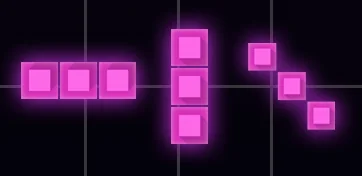
Basic Rules
Plox is an arcade style blocks matching game for 2 players. Players create matches by aligning 3 or more of the same colored blocks:
Matches are created when 3 similar colored blocks are aligned either vertically, horizontally or diagonally:
When a player has any blocks filled over the top of their board, the game will end. The player that survives is the winner.
Controls
Players can control their falling blocks in 3 ways:
Tap to rotate Tap to rotate the position of each block vertically.
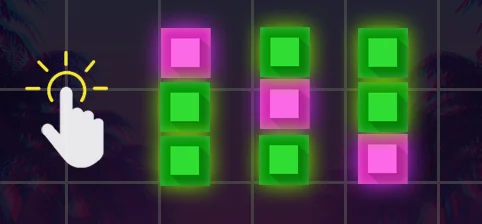
Slide Hold tap and slide left or right to move the blocks horizontally.
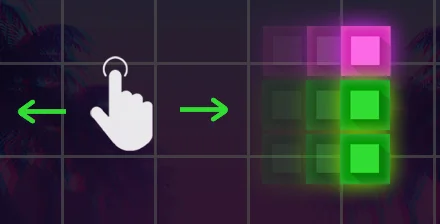
Drop Hold tap and slide down to drop the blocks down quickly.
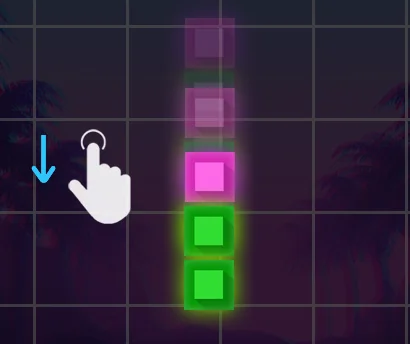
Junks
Any matched blocks will create "junk" blocks to be sent to the opponent's board.
Larger junks can be created by matching more than 3 blocks or with a cascading set of matches.
Ghost Option
When the Ghost option is enabled, players can see a preview "ghost" images of where their blocks will land at the bottom.
Top Ranked Winners
Can I play online?
Yes. Install the Plato app on iOS, Android, or macOS to play the full catalog with friends or matchmade opponents. You can also play Ocho online in your web browser — no install needed.
Can I play with friends?
Yep. Tap Create Private Game, then share the invite link or invite from your contacts. When they tap Accept, they're seated at your table.
Is it free?
Yes — free to play and ad-free. If you buy something, it's for looks (themes, profile flair), not power.
Is it fair?
Shuffles, deals, dice, and timers run on Plato servers, not your device. Everyone plays by the same rules and no one can peek at hidden information.
Is it safe?
You can block and report from profiles or chat. Public spaces use filters and human review. Some rooms use Chat Pass to deter spam, and privacy controls let you limit who sees you online.
Live vs. turn-based: what’s the difference?
Both are turn-taking; the difference is the clock. Live uses short timers for quick back-and-forth. Turn-based gives you longer — often up to 24 hours per move in games like Chess — so you can play at your pace.
 Plox
Plox